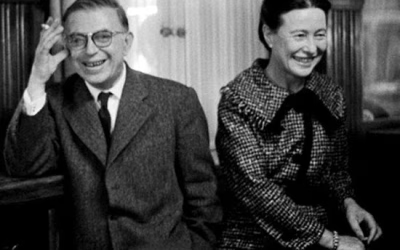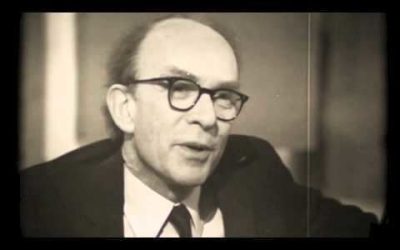Abstract
This article examines the theory of mind proposed by the esteemed Islamic philosopher, Mulla Sadra Shirazi, through a phenomenological lens. We specifically focus on how Mulla Sadra’s framework addresses the question of the individual human mind and its intricate relationship with the body. While Mulla Sadra presents concepts that resonate with some of Husserl’s ‘monadological-phenomenological’ reflections, we argue that strict adherence to phenomenological methodology precludes acceptance of the metaphysical implications he draws concerning the individual mind’s connection to the totality of existence, including a presumed divine reality. Nonetheless, our comparative analysis with Mulla Sadra’s thought illuminates key aspects of Husserlian monadology and highlights the limitations of a rigorously phenomenological approach to purely metaphysical inquiries.



